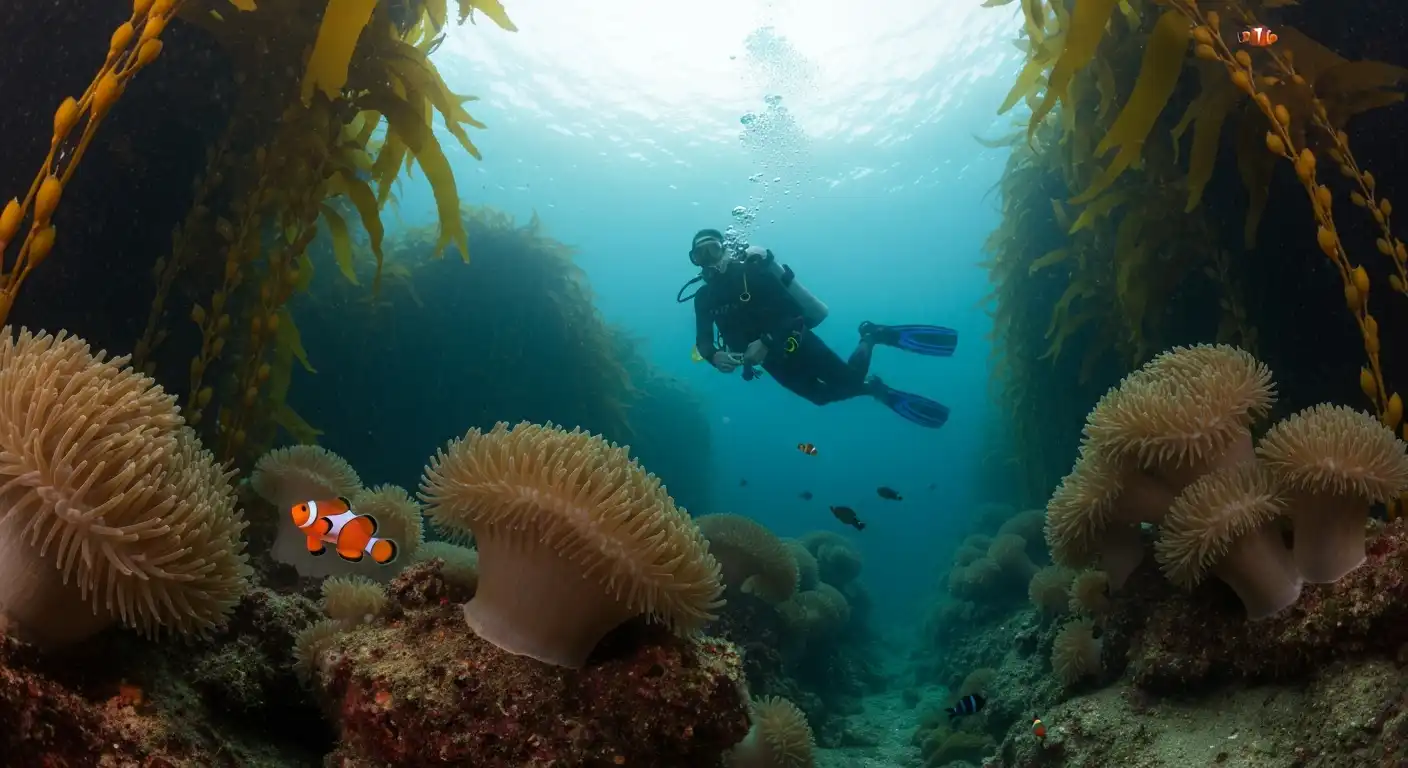Deep-sea exploration represents a thrilling frontier in scientific research and discovery. Our oceans’ vast, mysterious depths harbor countless unknown species and geological features.
Deep-sea Exploration Facts
Deep-sea exploration is a realm of endless wonder and scientific potential, offering glimpses into the mysteries of life, geology, and Earth’s history. Below are some of the important facts.
- Biodiversity Hotspot: The deep sea is home to a rich diversity of life forms, many of which are unique and poorly understood. Scientists estimate that millions of species await discovery in these largely unexplored regions.
- Extreme Conditions: Deep-sea exploration unveils extreme conditions, including intense pressure, cold temperatures, and complete darkness. Understanding how life thrives in such environments provides insights into the resilience and adaptability of life on Earth.
- Scientific Discoveries: Deep-ocean exploration has led to numerous scientific discoveries, including the identification of new species, the study of extremophiles (organisms that thrive in extreme conditions), and the exploration of hydrothermal vent ecosystems, which are hotbeds of unique life forms.
- Mineral Resources: The deep-sea floor contains valuable mineral resources such as polymetallic nodules, polymetallic sulfides, and cobalt-rich ferromanganese crusts. These resources could play a vital role as terrestrial deposits are depleted.
- Environmental Importance: Understanding the deep sea is crucial for assessing our oceans‘ health and climate change’s impacts. It also provides insights into the carbon cycle and the deep sea’s role in sequestering carbon.
Deep-sea Exploration Views
The views surrounding deep-sea exploration are critical. Some of them are discussed below.
- Environmental Impact: Critics argue that deep-sea exploration, particularly mining for mineral resources, can harm fragile ecosystems. Disturbing these deep-sea environments may lead to species loss and irreversible damage.
- Ethical Concerns: The question of who has the right to exploit deep-sea resources is contentious. Balancing economic interests with preserving unique and fragile ecosystems is a complex ethical challenge.
- Technological and Financial Challenges: Deep-sea exploration is technologically demanding and expensive. Developing and maintaining the necessary equipment and infrastructure can be cost-prohibitive for many countries and organizations.
- Regulation and Conservation: The lack of comprehensive international regulations for deep-sea exploration and mining poses a significant challenge—some advocate for stronger conservation measures and stricter guidelines to protect these fragile ecosystems.
- Scientific Knowledge vs. Commercial Interests: There is often tension between pursuing scientific knowledge and commercial interests in deep-sea research. Striking a balance between these objectives is crucial for responsible exploration.
Conclusion
Deep-sea exploration has challenges and controversies, including environmental impacts, ethical dilemmas, and the need for international regulation. As technology advances and our understanding of the deep sea deepens, we must approach deep-sea exploration with a sense of responsibility and a commitment to preserving these unique and fragile ecosystems for future generations. Balancing the quest for scientific knowledge with the need for environmental stewardship will be key to unlocking the secrets of the deep sea while safeguarding its treasures.





